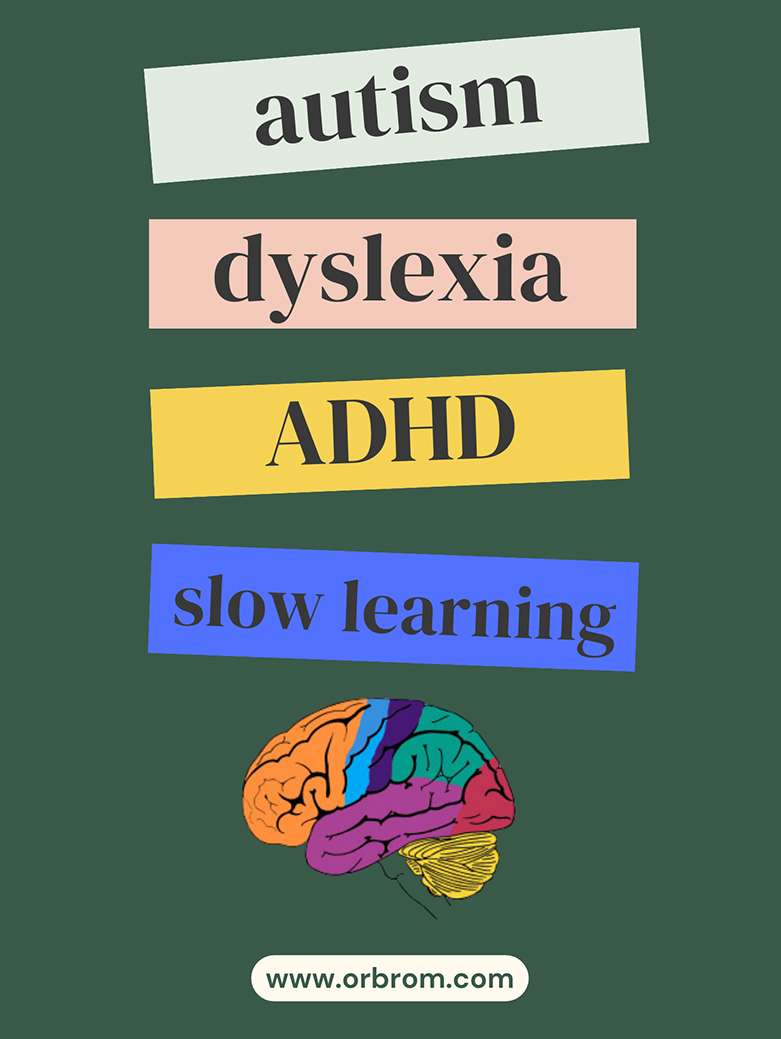For parents of children with special needs, navigating the world of special education can be challenging. From understanding complex legal documents to advocating for their child’s needs, parents often feel overwhelmed and unsure of how to proceed. Involving parents in their child’s special education is crucial for ensuring optimal learning outcomes and fostering a successful school experience. This article explores strategies for schools and educators to promote parent involvement in special education.
Building Strong Relationships:
The foundation of effective parent involvement lies in building strong relationships between parents, teachers, and other school personnel. This includes:
- Open communication: Regular communication through meetings, emails, and phone calls is crucial.
- Mutual respect and understanding: Fostering an environment of respect and understanding where parents feel comfortable voicing their concerns and opinions.
- Cultural and linguistic sensitivity: Be mindful of cultural and language barriers that may hinder communication.
Empowering Parents:
Parents are their child’s first and foremost teachers and advocates. Empowering parents with knowledge and skills is essential for their active participation in their child’s education. This includes:
- Providing training and workshops: Offer training sessions on special education terminology, legal rights, and strategies for supporting their child at home.
- Sharing resources: Provide access to informative materials and websites related to specific disabilities and educational strategies.
- Facilitating collaboration: Encourage parents to collaborate with teachers in setting goals and developing Individualized Education Programs (IEPs).
Enhancing Communication:
Effective communication goes beyond sharing information. It’s about creating a space for open dialogue and active listening. Schools can foster this by:
- Organizing regular IEP meetings: Ensure parents have ample opportunity to participate in IEP meetings, ask questions, and provide input.
- Utilizing technology: Leverage communication tools like online learning platforms, parent portals, and video conferencing to connect with parents who may have scheduling difficulties.
- Providing feedback mechanisms: Establish feedback channels for parents to express concerns, suggestions, and questions.
Building a Supportive Community:
Parents often face unique challenges and require emotional support. Building a supportive community can be invaluable for their well-being and their child’s success. This can involve:
- Connecting parents with support groups: Encourage parents to connect with other families facing similar situations for peer support and shared experiences.
- Organizing social events: Facilitate social events and activities where parents can connect, network, and build friendships.
- Providing access to mental health resources: Recognize the emotional toll of special education and offer resources for parents to address their mental health needs.
Promoting Partnership:
By viewing parents as partners in the educational process, schools can create a collaborative environment that benefits the child. This requires:
- Sharing decision-making authority: Encourage parents to participate in all aspects of their child’s education, including setting goals, making decisions, and problem-solving.
- Valuing parent expertise: Recognize parents’ unique knowledge of their child and acknowledge their contributions to the educational process.
- Creating opportunities for parent leadership: Encourage parents to volunteer in classrooms, participate in school committees, and share their expertise with the school community.
Effective parent involvement is critical for ensuring the success of children with special needs. By implementing these strategies, schools can create a welcoming and supportive environment where parents feel empowered to be active participants in their child’s education.








Leave A Comment